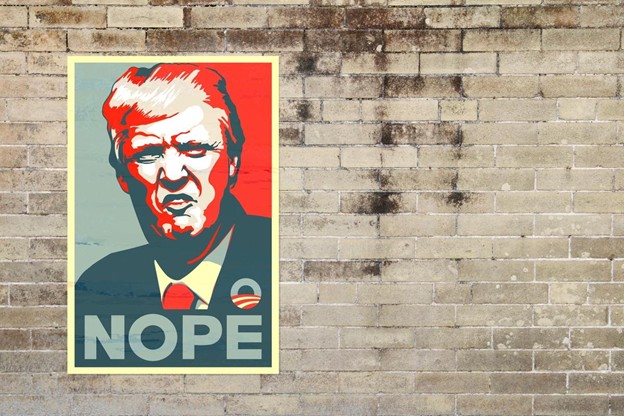When banks make major headlines, it’s not usually for the reason they’re making now: being accused of political bias.
But today, August 6th, 2025, under Donald Trump’s latest salvo, JPMorgan Chase and Bank of America are thrust into the spotlight, accused of “debanking” conservatives, including Trump himself. And that turned into a story about much more than personal drama; it is a debate about banking, power, and politics.
Trump claims that after his first presidency, JPMorgan gave him 20 days to withdraw his accounts, and Bank of America later turned down over $1 billion in deposits, forcing him to scatter funds among smaller institutions.
He says those banks simply wouldn’t serve conservatives or Trump supporters, though he hasn’t presented evidence. (It is an anecdote, not an indictment.)
Meanwhile, the White House is preparing an executive order mandating financial regulators to review “politicized or unlawful debanking” practices. Violators could face penalties or consent decrees if they’re found in breach of the Equal Credit Opportunity Act or other consumer‑protection laws.
From the banks’ perspective, it’s all policy, not politics. JPMorgan and BofA have both said they never close accounts for political reasons, attributing closures to regulatory requirements, risk compliance, and reputational risk remediation.
What is actually at play here, and why does it matter?
If the administration moves forward, it would let bank regulators dive deep into firms’ decision-making and possibly penalize institutions for politically motivated account closures. That turns private banks into de facto executors of political fairness, welcome or not.
This echoes old controversies like Operation Choke Point, the mid‑2010s DOJ initiative where banks were pressured to cut ties with disfavored industries (food trucks, payday lenders, firearms businesses). That initiative ended amid bipartisan backlash, but Trump’s draft order is reviving elements of that dynamic by suggesting banks are punishing ideological affiliations.
If regulators wield this as a tool, banks may end up walking on eggshells, measuring every closure against potential political backlash rather than financial prudence. That could backfire, forcing banks to roll back risk assessments, underwrite accounts they’d normally refuse, or rethink compliance frameworks entirely.
From the consumer’s side, this could open doors, but only if there’s proof of politically motivated closures. So far, those claims are anecdotal and thin. One report mentioned that a Ugandan Christian charity lost its account, cited in the draft order, though BofA said it was due to policy, not bias.
Trump is playing a political card that fans conservative firebrands, and he may get traction if Republicans in Congress back him. But without solid evidence of systemic bias, this risks turning banking regulators into ideological referees and raising the specter of federal overreach.
It’s a bold gambit, and one that could ripple through credit markets, crypto firms, and any business that’s been deemed politically or socially risky.
If this executive order lands, the impact may extend well beyond Trump supporters; it could reshape how banks assess risk, manage compliance, and even run their business day to day.



